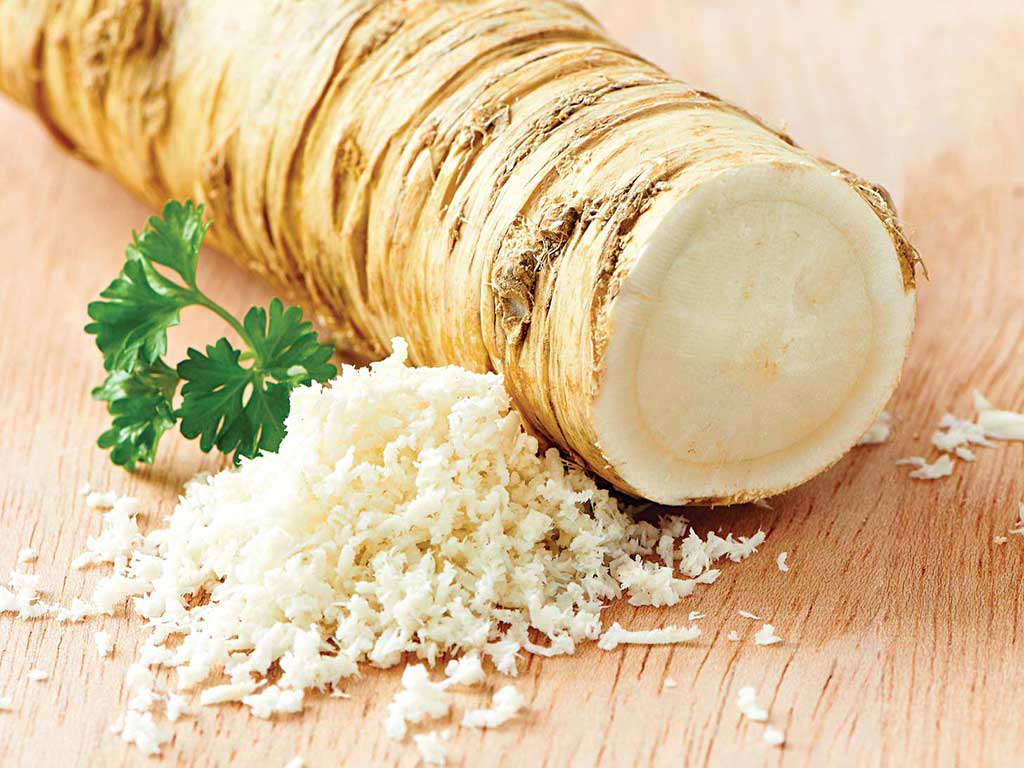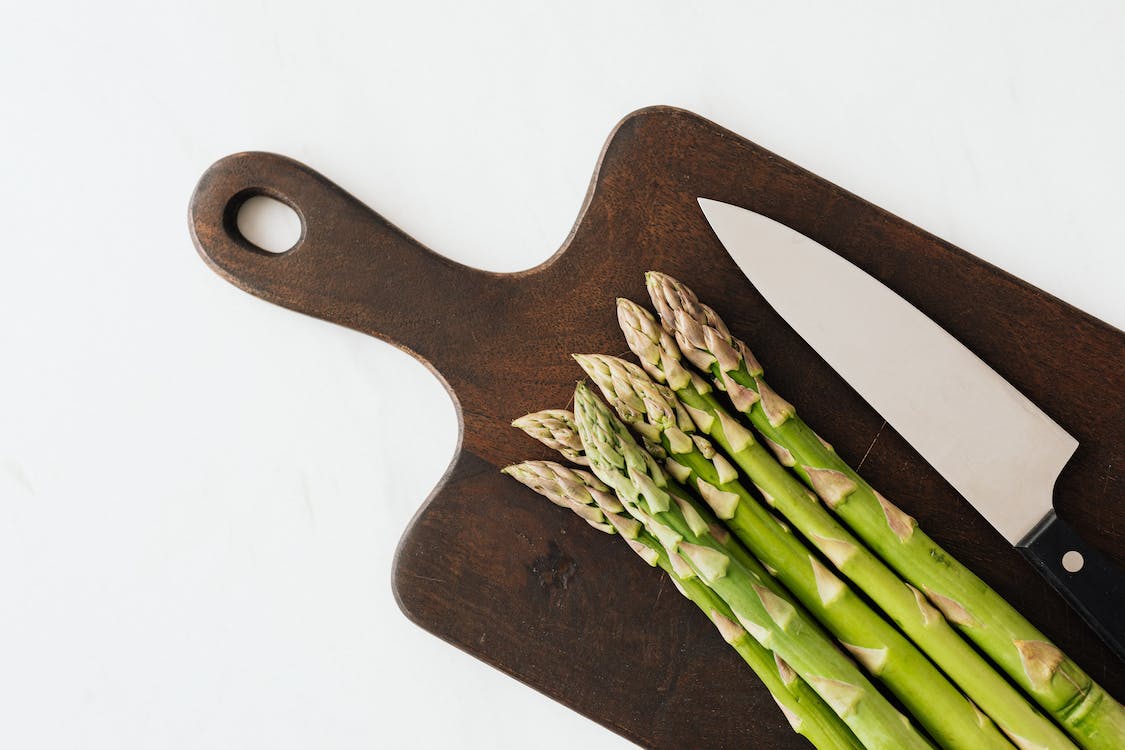Horseradish is a popular spicy condiment often paired with foods like roast beef, fish, and sandwiches. But is it safe for dogs to indulge in this pungent root veggie too? Horseradish isn’t inherently toxic, yet there are definite risks to canine consumption worth considering.
Keep reading to learn whether dogs can eat horseradish and how to feed it safely if you choose to share a small bite with your begging pooch.
What is Horseradish?
Horseradish is a root vegetable in the Brassicaceae family along with mustard, wasabi, and cabbage. The gnarled, off-white root has a woody texture. When grated and processed, horseradish roots produce a creamy condiment with a pungent, spicy flavor.
The intensity of horseradish comes from volatile compounds like sinigrin, which convert to irritating chemicals like allyl isothiocyanate when the root is cut and exposed to oxygen. Allyl isothiocyanate stimulates nerves in the nose and mouth, producing the familiar sinus-clearing, eye-watering burn.
In addition to its culinary uses, horseradish has a long history as a medicinal herb. It contains compounds like glucosinolates that have antimicrobial, antioxidant, anti-cancer and detoxification effects in humans. But dogs metabolize certain components differently than people.

Is Horseradish Safe for Dogs to Eat?
In moderation, horseradish is generally recognized as safe for canine consumption. The main considerations regarding dogs and horseradish include:
Irritation – In concentrated, raw form, horseradish can irritate the mouth, throat, and digestive tract. Dogs should only consume well-processed horseradish blended into small portions of dog-safe foods.
Eye-watering fumes – The volatile oils released from grating fresh horseradish root can intensely irritate nasal passages and eyes. Keep dogs away when preparing fresh horseradish.
Potential stomach upset – Too much pungent horseradish could cause temporary nausea or vomiting in dogs unaccustomed to strong spices and flavors. Start with tiny tastes.
Thyroid effects – Very high intake of cruciferous vegetables may affect thyroid function due to goitrogens. This is only a concern with frequent mega-doses.
Overall, an occasional spoonful carries little risk for dogs. But certain dogs should not consume any amount of horseradish.
Are There Any Dogs That Should Avoid Horseradish?
These types of dogs should steer clear of horseradish completely:
- Puppies under 1 year old – digestive sensitivity, developing bodies
- Pregnant/nursing dogs – may transfer compounds to puppies
- Dogs with chronic kidney disease – excess nutrients taxes weakened kidneys
- Dogs with thyroid disorders – goitrogens may worsen hypothyroidism
- Dogs with recurrent bladder stones – crucifers may increase risk
- Dogs with inflammatory bowel disease – compounds may irritate sensitive intestines
- Dogs with seasonal allergies – horseradish pollen may trigger reactions
For most adult dogs, an occasional small portion of horseradish poses minimal risk. But consult your veterinarian first about your dog’s individual health conditions.

What’s the Best Way to Feed Horseradish to Dogs?
To safely allow dogs a taste of horseradish, follow these tips:
- Give only as an occasional treat, not a routine part of their diet
- Use only commercially processed horseradish, not raw root
- Avoid letting your dog ingest horseradish fumes, keep away when preparing
- Mix a half teaspoon or less with a bland dog-safe food like plain rice or cottage cheese
- Start with tiny amount mixed in to gauge your dog’s tolerance and taste preference
- Monitor for reactions like vomiting, diarrhea, or itching afterwards
- Brush teeth and offer fresh water after to cleanse palate and mouth
- Never leave horseradish unattended within reach
Proper preparation and dosage control reduces risk when offering this zesty treat.
What Are the Benefits of Horseradish for Dogs?
While not a necessary part of canine nutrition, horseradish offers some beneficial plant nutrients:
- Vitamin C – supports immunity and collagen production
- Folate – helps form healthy red blood cells
- Potassium – important for fluid balance and muscle contractions
- Fiber – aids digestion and gut health
The spicy flavor also energizes taste buds, stimulates digestion, and may temporarily clear nasal congestion like wasabi. But any benefits require conservative intake. Overdoing horseradish causes more harm than good.
Conclusion
In very small amounts, properly processed horseradish can be an occasional treat for most healthy adult dogs to nibble. But certain dogs are better off avoiding it altogether due to risks. While not toxic, horseradish’s irritation potential demands caution. Check with your vet before sharing with your canine companion. And stick to tiny tastes mixed thoroughly into bland foods to allow your pup to join in savoring this zesty flavor sensation safely.



